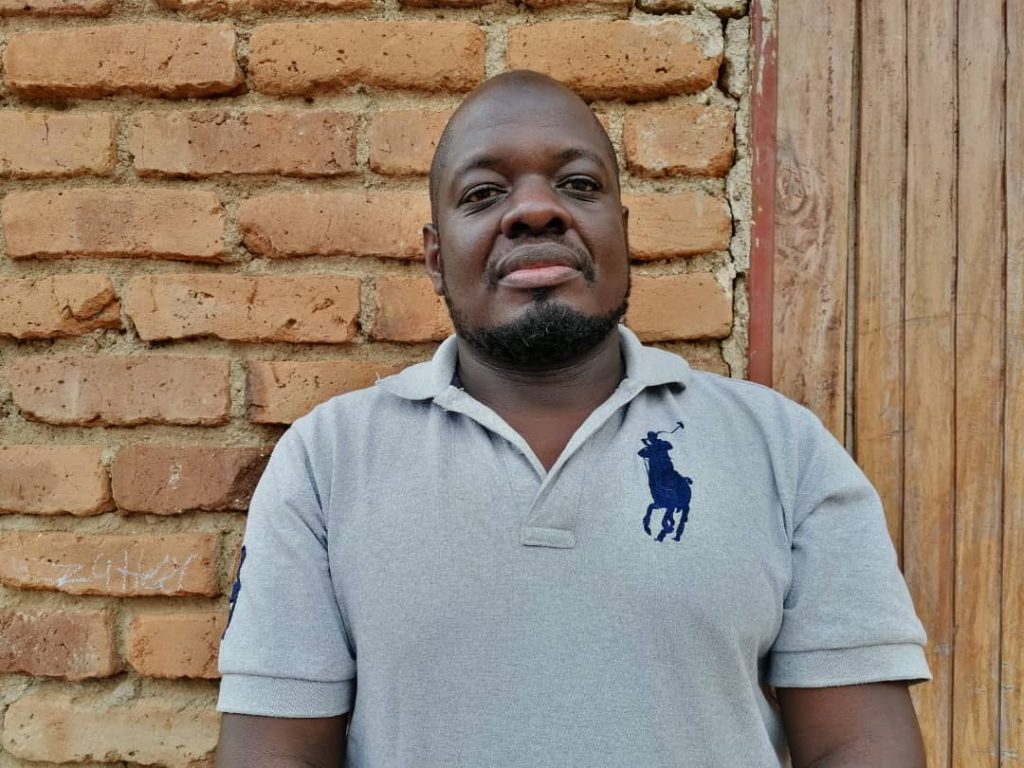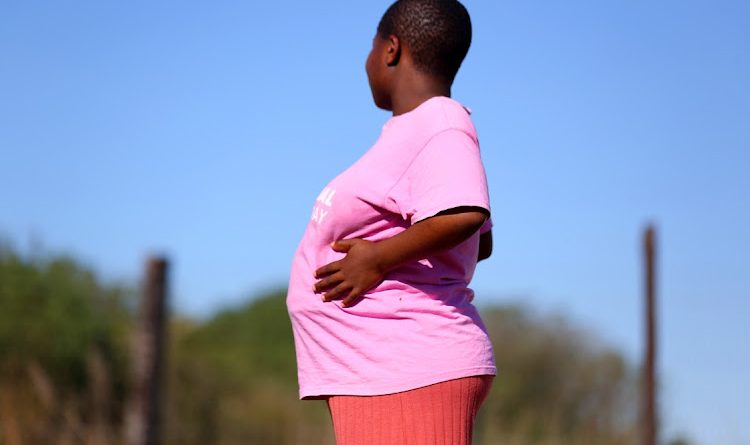Teenage pregnancies high in Machinga
By Rose Chipumphula Chalira
More than ever before, the nation must begin to direct its efforts towards the plight of a girl child, like Ndaziona (not real name), who lives in Traditional Authority Nkula, in Machinga district. Her story sheds light on a deep-rooted socio-cultural challenge and religious norm that pushes girls into the vicious cycle of early pregnancies, early marriages and a cobweb of sexually transmitted infections among the youth.
Ndaziona’s story highlights a pervasive issue, with 41% of girls getting pregnant before the age of 18. This is happening despite legal efforts to set the marital age at 18. At the age of 14 she dropped out of primary school when she got pregnant. Her parents did not chase her from home because the man who impregnated her was supporting the family with all basic needs.
The only girl in a family of six children, life was not always easy for her. Ndaziona’s parents struggle to put food on the table. She lacked many needs for upkeep and school materials. A suitor took advantage of her situation cox her into marriage.
“I was 14 years old when the man proposed to marry me in 2021 so that we could take care of our child together. I accepted considering the situation of my parents who were failing to take care of us due to poverty,” Ndaziona says.
Little did she know that the man who impregnated her, has two wives making her the third wife.
“I moved to his home village where I was staying with his other wives. The two women were mocking me for getting married to an older man. After delivering my baby, my husband left for South Africa to look for greener pastures. Life was very tough. At some point, I could stay for two or three days without food while the two wives had plenty to enjoy,” she says.
Ndaziona lived in an abusive marriage for two years. She was trapped in poverty, abuse and did not see light at the end of the tunnel. Later, in 2023 she made a decision to go back to school.
“I told myself that I am too young to be in a marriage and let alone an abusive marriage. I could not let my fellow women, or anyone else, to abuse me in the name of marriage. Fortunately, my parents welcomed me back as a prodigal daughter and encouraged me to go back to school. I accepted though it was a tough decision to make,” says Ndaziona, who is now in standard 7.
She says lack of Sexual and Reproductive Health and Rights (SRHR) information and services among the youths is contributing to a lot of youths in villages to get pregnant at an early age. Ndaziona adds that some cultural beliefs also perpetuate abuse of the girl child.
“Sometimes, cultural beliefs push us into practices that endanger our lives as girls. Imagine getting pregnant at the age of 13 or 14. And then you have relatives who encourage you to get married when you are not even ready. Girls at that age need to be in school where teachers should also be in the forefront teaching us about sexual and reproductive health and rights. Ignorance is killing us,” she says.
Ndaziona is not alone in her plight. Another girl from the same area, whose name is Zione, got pregnant at the age of 14 as well. She was in Form 1 when it happened.
“All I thought was that my future was doomed such that I wanted to marry the who had impregnated me. But my parents said I was still young for marriage. They told us that two teenagers from the same school could not be encouraged to get married,” she says.
Zione lived with her parents until she gave birth to a bouncing baby boy in August 2024. Currently baby-sitting, she says lack of SRHR among the youth is fueling teen pregnancies, HIV and AIDS and STIs among others.
“For example, when I noticed that I have reached puberty (Kutha msinkhu) my colleagues at school were the ones who advise me on how I can take care of myself. I thought that what my friends shared with at school was enough information. I did not even share with my mother at home, what I was going through,” Zione says.
She says her parents were shocked when they noticed that she was pregnant. Zione says one thing she has learnt from her situation is to open up with her parents. “To be assisted and not to pay a fine at the hospital my mother had to lie that I was 17.”
Zione’s mother says she was in deep shock when she noticed that her daughter was pregnant.
“As a mother, I was stressed up with the news, knowing that my daughter was not a grown-up person. After talking with her it’s when she disclosed that she reached puberty when she was at school and she was afraid to tell me. I have learnt that parents should talk to their children about body changes instead of leaving them in hands of others to tell them. I accepted her and the pregnancy though she wanted to get married. I told her about the good and bad of getting married at a younger age, “says Zione’s mother.

Mkandawire: Religion and culture are the main hindering factors
Machinga District Hospital, coordinator for youth healthy friendly services, Kenneth Mkandawire says from January to March 2024, 34% of youths aged between 14 and 24 had STIs. Teenage pregnancies accounted for 25% of young girls aged 14 to 18, and 20.8 % of youths had access to modern family planning methods.
He says early sexual debut, child marriages, lack of access to sexual and reproductive health and rights information, quality family planning services, cultural norms, religious beliefs and peer pressure are the contributing factors to increased teenage pregnancies. In all this, culture and religion tend to be main hindering factors to access sexual and reproductive health services.
Mkandawire says as a health facility, Machinga District Hospital is doing all it can to sensitize communities on the side effects of teen pregnancies and how the youth can prevent themselves from STIs among others. He urges parents to take their rightful role in upbringing of their children as they are at a higher risk of falling into the temptation of destroying their future, through teen pregnancies and early marriages. Malawi has highest incidences of adolescent pregnancies in the Sub-Sahara region which is at 29%, according to DHS 2015-2016 and Machinga has highest teenage pregnancies in the country at 41.1%.


